The revolution of work has long been under discussion, and the industrial world is on the brink of the unknown. The rapid progress of technology that has led to digitisation, robotisation, artificial intelligence and automation is modifying almost all areas of known activity. However, there is currently no clarity as to what the revolution of work ultimately means. Public debate often addresses the significant diminishing of work and traditional workplaces while, on the other hand, welcoming the flourishing of new types of working methods and the creation of workplaces with the aid of new technologies.
It is likely we know as little about the future as people living in the 19th century
In the 19th century, it was almost impossible to imagine how inventions such as personal vehicles would change people’s everyday lives or cities, or that ordinary people could fly across oceans or rise to lead nations from modest backgrounds. In retrospect, it is also easy to see how work has changed in the long term. For instance, the basic tasks of 19th century nurses or accountants were the same as they are now.
However, thanks to science and technology, different professions underwent enormous changes in the 20th century. What additions will the 21st century bring to our ways of working and different professions? Artificial intelligence or robot assistants, for instance? In addition, entirely new professions will be created and old ones will disappear. For the vast majority of the 20th century, there were hardly any horse-drawn cab drivers left in European cities. Subsequently, lorry drivers and logistics helped to create world trade networks and it is likely that in the 21st century these areas of professional activity will see the creation of entirely new jobs, as self-driving cars become more common and as artificial intelligence aids logistics.
Are we living in an era of stagnation in terms of work and income?
According to some historians, the adoption of new technology impaired income levels for many professional groups in the early stages of industrialisation, but in the longer term it allowed a better standard of living for both individuals and whole societies. A substantial period of stagnant income and low growth is known as Engels’ pause. Is a similar pause or depression currently being created in the West?
In the early 19th century, income inequality increased, since a larger portion of income was distributed to owners and a smaller portion to employees. The owner classes made large profits but did not invest them. In the early 19th century, it seemed that technology would have a profound effect on the economy, but it was not entirely clear what this effect would be like. This also applies today in the early 21st century. Income has stagnated, the size of the middle classes in Western nations is reducing, income inequality is increasing, profits are not being invested and the technological revolution is partly outside the scope of economic indicators. On the other hand, we receive plenty of commodities without charge and more efficiently.
In world history, 50 years is a short period. However, in the life of a single person, it is a period that spans almost their entire working career.
If we are living in a similar pause, we should seriously consider the following: how can its effects be alleviated, and how can we start again after such a pause? On a statistical scale and in world history, 50 years may be a short period. However, in the life of a single person, it is a period that spans almost their entire life and working career.
In 2040, we want to enjoy good work and a good life
What we want from work and what kind of society we aspire to needs to be identified and defined. If technology helps us to produce goods at a much lower cost than before, future work and activities may be as different as 19th-century factory work and everyday life was to the kind of work we do and the life we lead today.
The concept of technological deflation is a good example: the widespread diffusion of digital services, for instance via the internet and applications, is not indicated in statistics in terms of an increase in GDP as is the case with physical goods. Once an electronic service has been developed, copying it to satisfy the needs of each new user does not considerably increase the total costs of production, but the service may increase well-being, if it has been designed to do so.
This technological deflation largely explains why the standard of living and people’s well-being has developed in a positive way in countries such as Japan during the last 20 years without any measured increase in GDP. In this light, it can be said that the economic indicators of work and income levels may change significantly in the future.
No one has the perfect answers, but it is a good test to think about a working day in 2040, including artificial intelligence, virtual reality and your own experience of leading a good life. What kind of world do you envisage?
Various scenarios are possible
It is hard to forecast exactly what work will be like in the future. New positions will be left vacant because of people retiring and that learning new skills and better matching those in the labour market with vacant positions will help the labour market thrive. Digitisation and artificial intelligence will be harnessed to help us, and by working we can still lead a good and decent life. There will still be enough work for large numbers of people. The amount of work and the ways of working will be different. There will be a much greater emphasis on interaction with others, or this will be performed virtually in global teams. In such a scenario, work will still be a central part of our lives.
Another widely considered scenario is that of increasing inequality, where a small elite works extremely productively and an even smaller elite accumulates the capital, for instance by owning the technology and platforms. This will result in enormous wealth, but not in work. Digitisation and artificial intelligence will largely replace work performed by humans. In this case, the distribution of the wealth created will be at the core of social organisation.
These scenarios are no more than potential outlines of the future, and reality will often exhibit features of many different impressions of the future.
Whatever the future may be like, it is now important to consider the following.
- Alleviate the distress of those marginalised by the changes in working life and those likely to be affected by any substantial stagnation of work and income. For instance, Sitra has worked extensively in recent years on examining, developing and experimenting with methods that promote the matching of employees with employment positions and the development of new skills required by work. As an example, new operating models have been developed for employment services, for the renewal and identification of skills and abilities and for building a market for future-oriented work.
- The division of wealth and earnings should be at the core of political considerations of the future. Depending on the direction in which society and work develops, it would be wise for core political operators such as political parties and collective industrial organisations to have various strategies to deal with different future scenarios. If it seems that work-related inequality is increasing in societies at a rapid pace, what will be done? In Finland, there is an ongoing basic-income experiment which is attracting global interest.
- Technology will enable a future which is likely to increase inequality or, alternatively, to be excellent, depending on the kind of society we want to build. If we consider that the industrial age created the working classes, which class will be created this time? Will it be an affluent class performing lighter work with digital assistance or a class that is pushed aside? Thanks to digitisation, we may have both. What will we choose and how will we move towards the chosen future?
- Lifelong learning should also become a new basic feature of life, since people will live longer in the future. Micro degrees or study accounts could help to achieve this. While in the past we measured the productivity of working life, in the future motivation and the ability to learn new things and to use technology may be more valued.
Deeper insight into the changes in work and income available at nextera.global
Postscript: Will the black swans take over?
In the Nordic countries, the megatrends of work, democracy and the economy are visibly intertwined with people’s everyday lives. However, we should not forget that at the same time many parallel and conflicting developments are going on in the rest of the world. The future may look very different depending from whose point of view they are examined.
For instance, the current situation in global politics is extremely uncertain, and almost all continents are struggling with irregularities and the “black swan” phenomena caused by surprising events. In Europe, the political situation is reflected in matters such as the uncertain future of the EU. The Middle East is struggling with regional conflicts and civil wars. In Africa, the increasing drought and famines add to the political uncertainty, while the growth of young populations is also changing the world’s focus, making us pay attention to this large continent. In Russia, there are simmering conflicts with respect to Putin’s authoritarian rule, and the unpredictable foreign and domestic policies in the United States and the tensions in Asia and between North Korea, South Korea, China and Japan are extremely alarming.
Despite these threats, we must also envision a future from the standpoints that we can affect by our own actions and accept that, in an uncertain world, the direction may also change quickly. The purpose of anticipation is not to provide certain answers. It is intended to open our minds to the different development options and the kind of future we want to aim for in a complicated world.
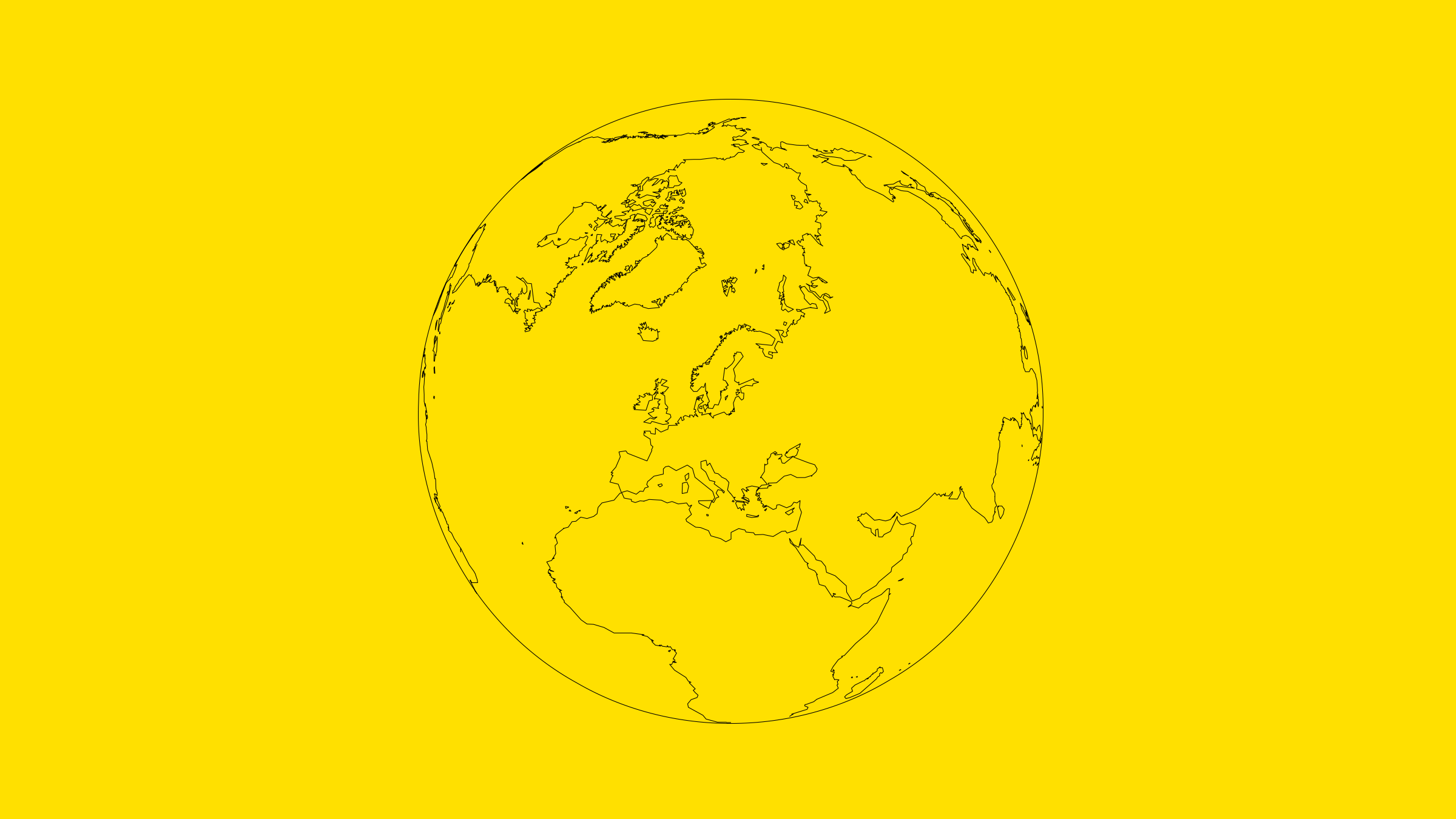

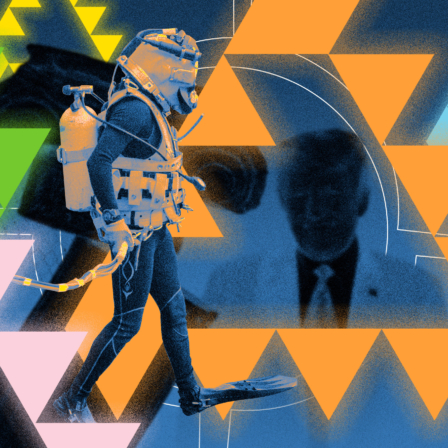
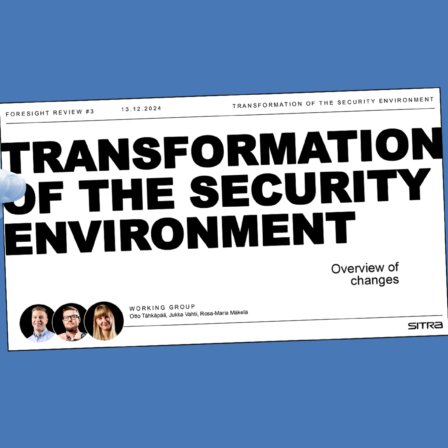



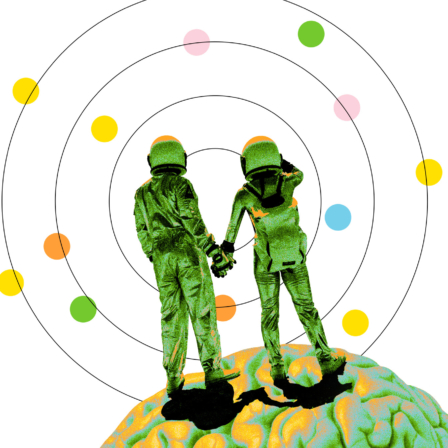








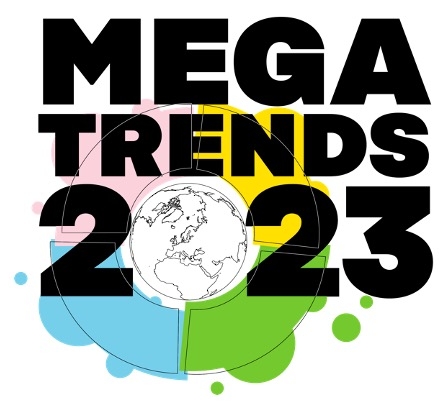
Recommended
Have some more.